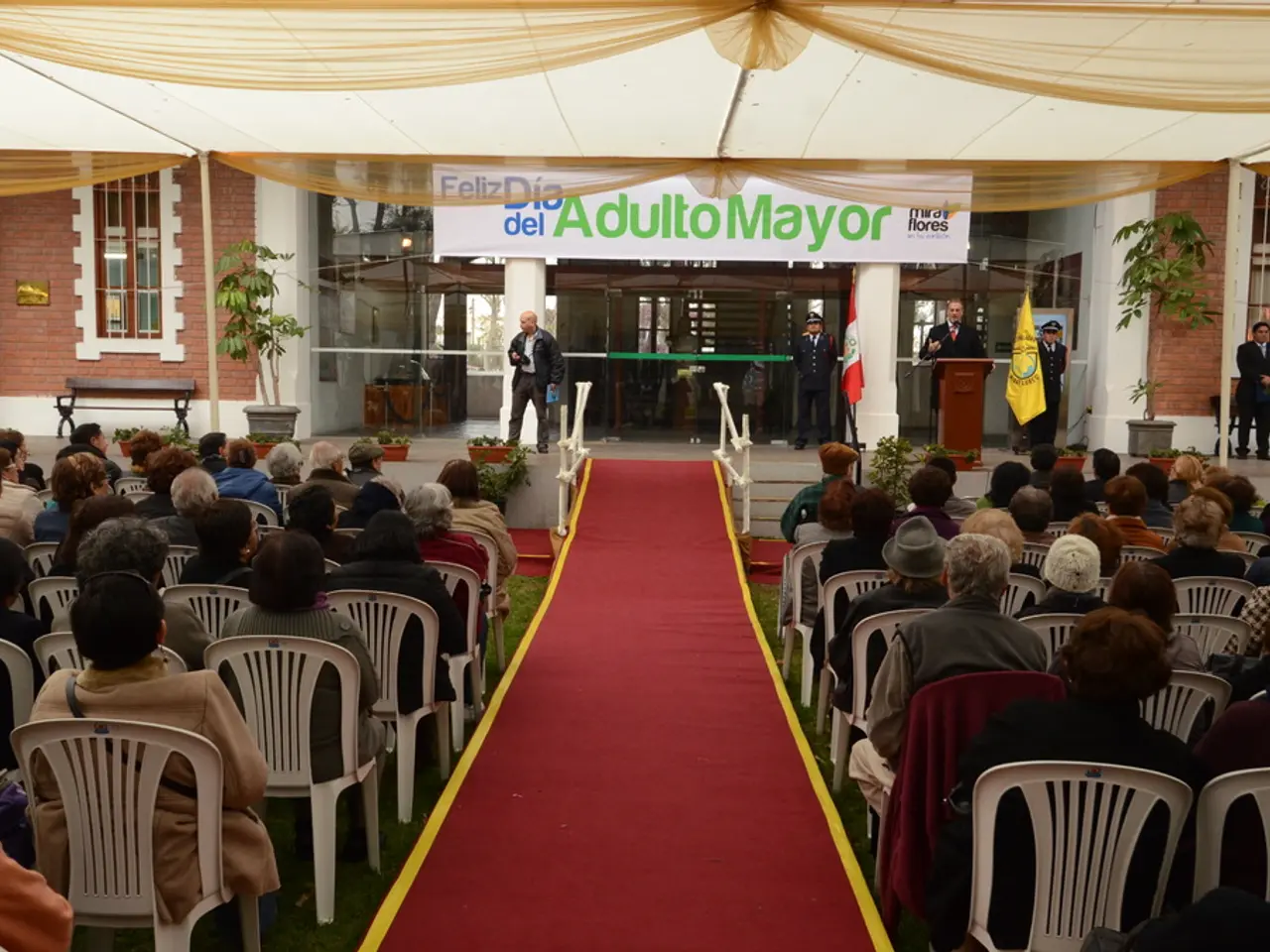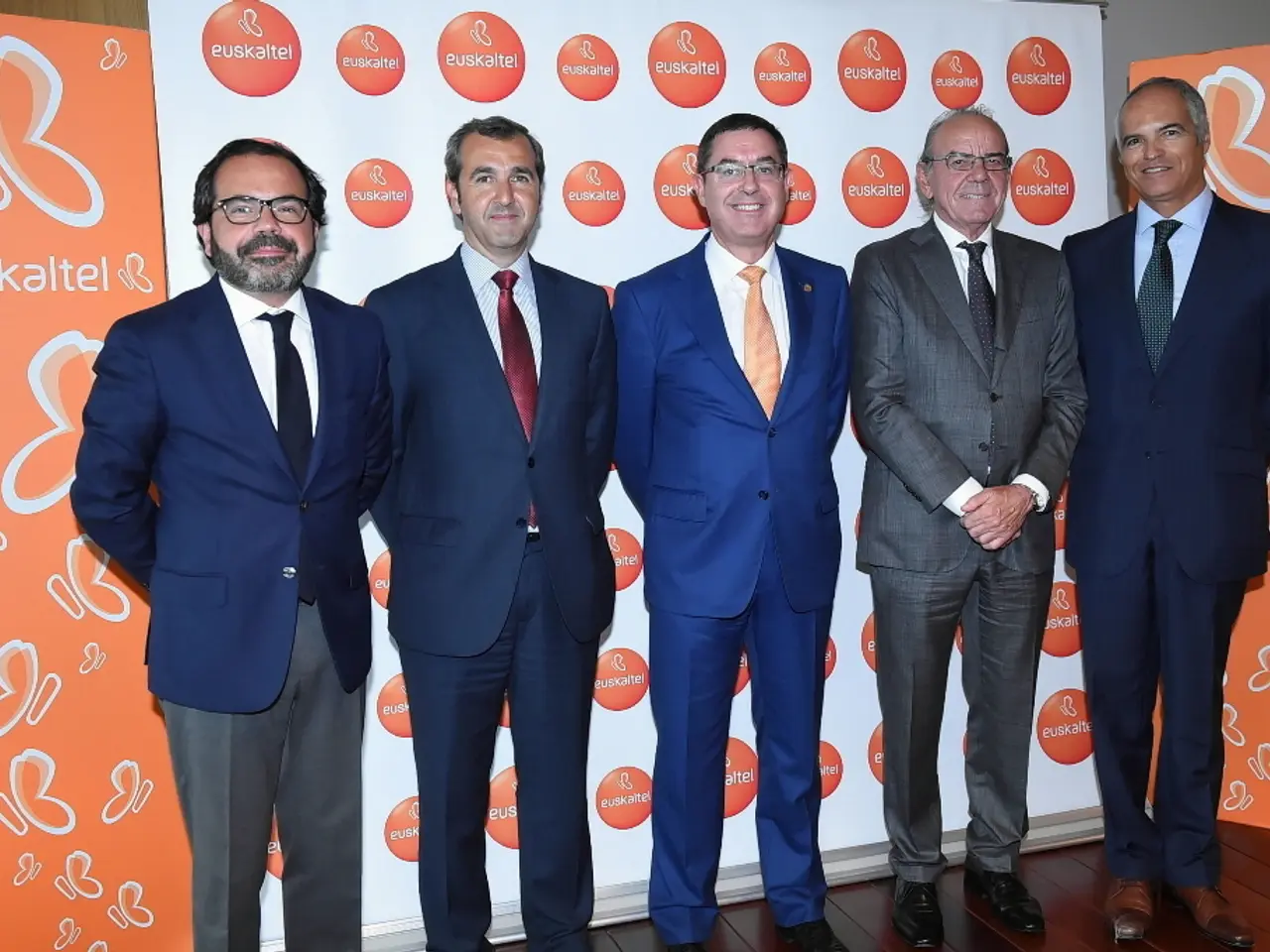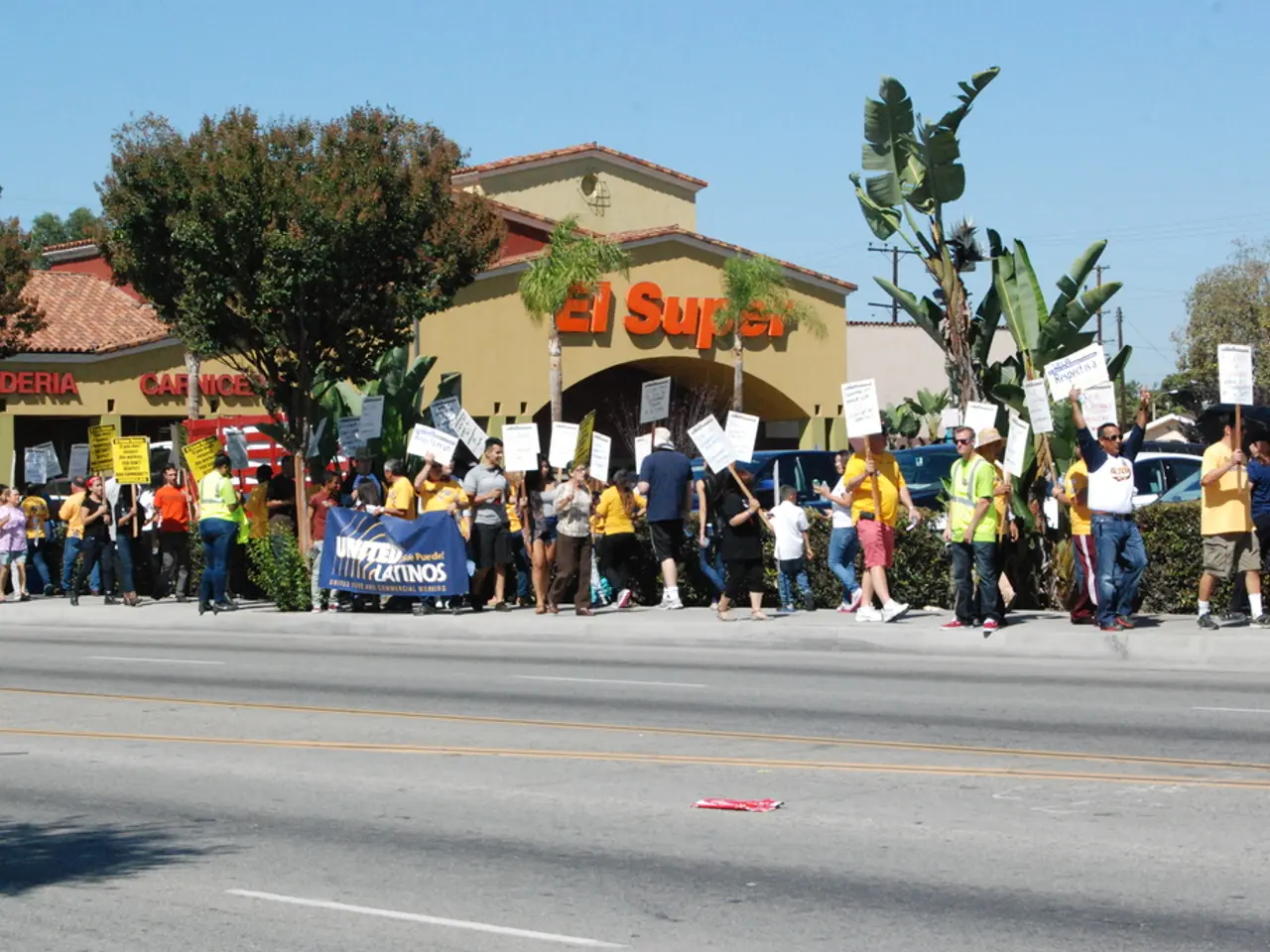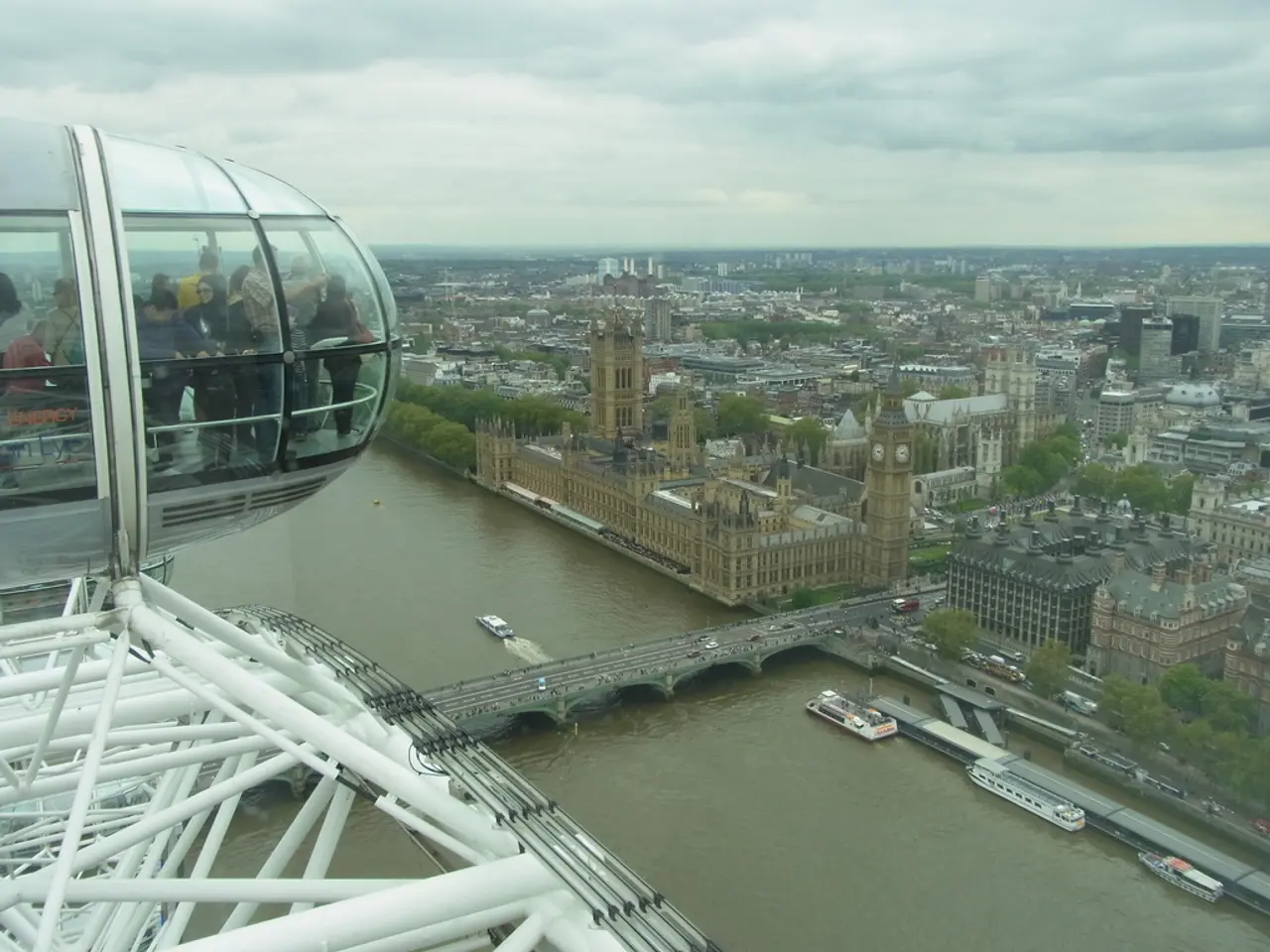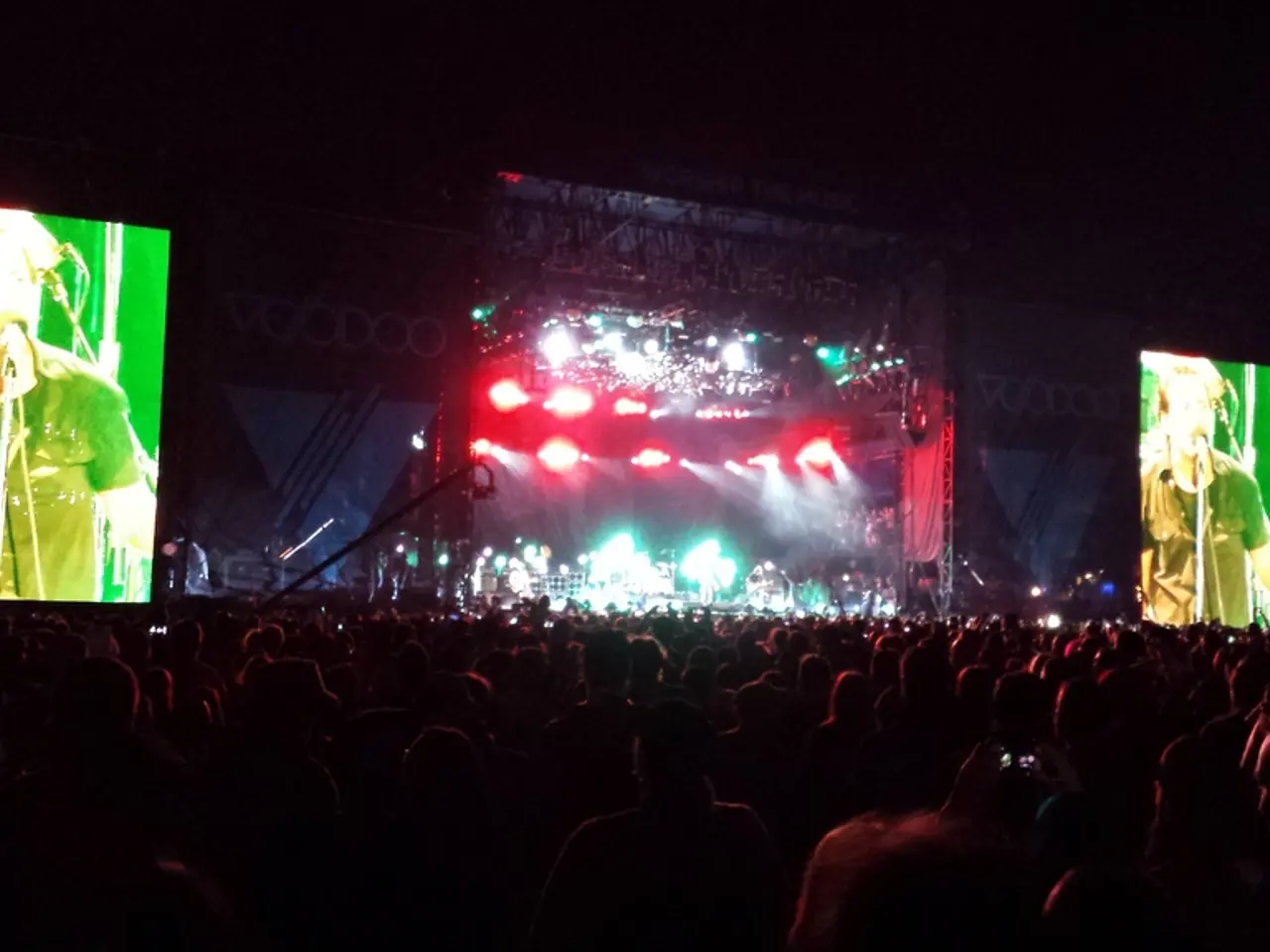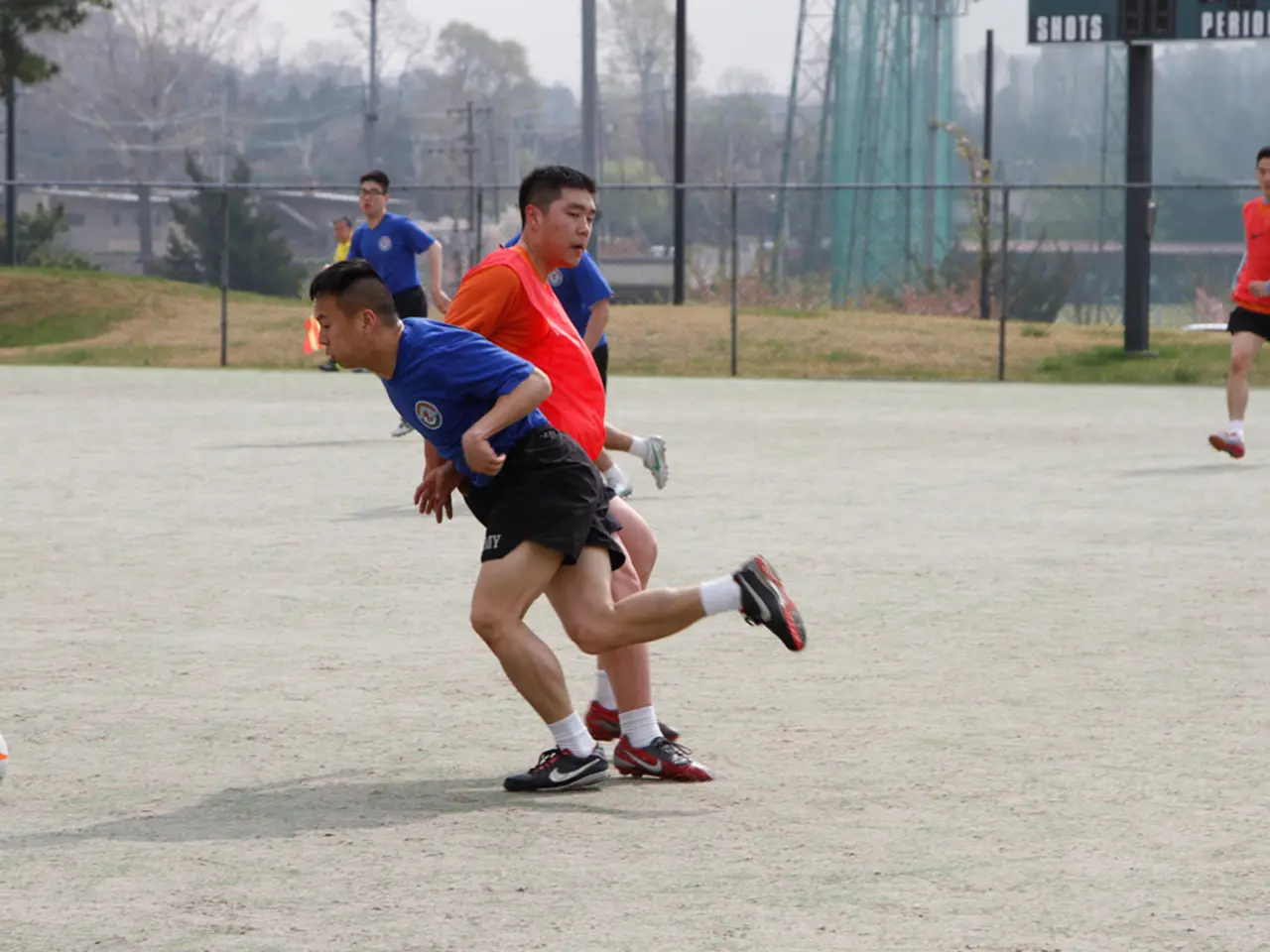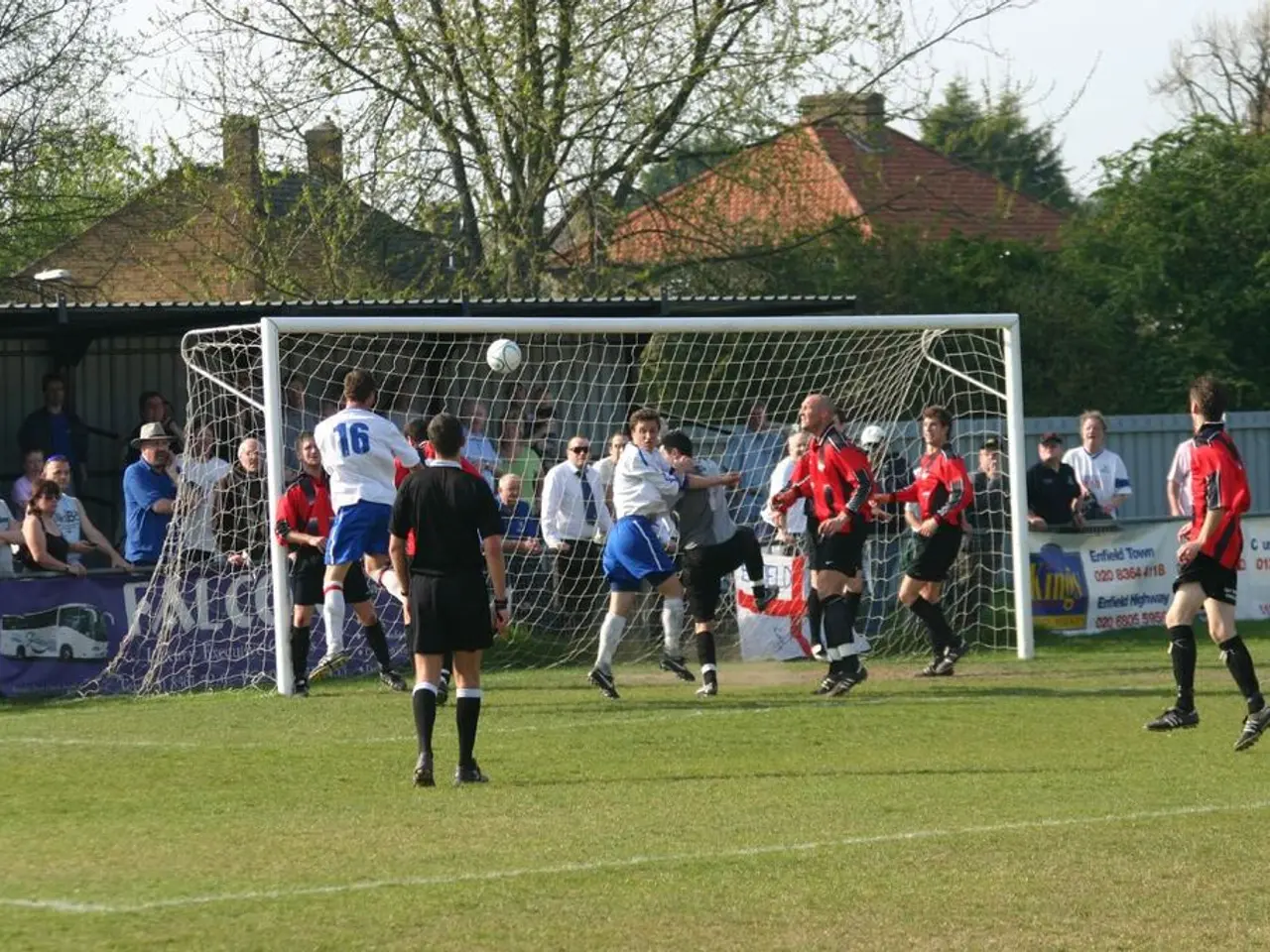South Africa's decision to remain impartial in the ongoing Ukraine-Russia conflict explained
South Africa, a key player in African conflicts, recently hosted peace talks between Ethiopia's government and rebels from its Tigray region, demonstrating its commitment to dialogue and multilateral solutions. However, when it comes to the Russia-Ukraine conflict, South Africa's stance has been more complex.
Officially, South Africa advocates for a peaceful resolution and the reform of international institutions. President Cyril Ramaphosa has emphasised South Africa's moral responsibility to end suffering and oppression globally, and the importance of upholding international law. Yet, the country's diplomatic actions have been ambivalent. Initially, South Africa criticised Russia's 2022 invasion and called for Russia to withdraw. However, it later walked back these statements and abstained from a key UN resolution demanding Russia's withdrawal from Ukraine.
This ambivalence has raised eyebrows, particularly given South Africa's deepened military cooperation with Russia and China. In 2023, South Africa conducted joint naval exercises with both countries, reinforcing its non-Western alignment and deepening its BRICS ties. This cooperation has been met with criticism from some quarters, especially in the context of Western sanctions and pressure on Russia over its invasion of Ukraine.
In April 2025, Volodymyr Zelenskyy made the first official Ukrainian head-of-state visit to South Africa, signalling Ukraine's intent to counter Russian influence in Africa and the Middle East while also appealing to postcolonial solidarity. At the same time, South Africa extended an official invitation to Russian President Vladimir Putin for the 2025 G20 summit in Johannesburg, despite the ICC arrest warrant against him. This move underscores South Africa's complex balancing act between international legal obligations and its BRICS partnership.
| Aspect | South Africa’s Position/Action | Signalling/Implications | |-----------------------------|---------------------------------------------------------------------|----------------------------------------------------------| | Ukraine-Russia Conflict | Advocates dialogue, peaceful solution, abstains on UN resolutions | Non-aligned, seeks reform of international institutions | | Military Ties | Joint naval drills with Russia & China (2023), BRICS partnership | Reinforces non-Western alignment, deepens BRICS ties | | Diplomatic Engagement | Hosted Zelenskyy (2025), invited Putin to G20 despite ICC warrant | Balances global interests, maintains BRICS relations |
This approach has led to criticism from some quarters but is consistent with South Africa's historical emphasis on non-alignment and African agency in global affairs. South Africa's foreign policy emphasises diplomacy, discussion, and adherence to the principles of the United Nations Charter in resolving international conflicts.
The South African government's stance on the conflict between Russia and Ukraine has been criticised by opposition parties and the late South African Archbishop Desmond Tutu's foundation. Some opposition parties and the Ukrainian community in South Africa have described Lavrov's visit as insensitive. However, South Africa defends its decisions, stating that all nations should have the right to exercise with any partners they choose.
The USA has criticised South Africa's decision to hold military exercises with Russia, as the war in Ukraine is ongoing. Yet, South Africa maintains that its foreign policy is guided by principles of peace, dialogue, and respect for international law. As the conflict continues, South Africa will undoubtedly continue to navigate this complex geopolitical landscape, balancing its commitments to dialogue, multilateralism, and its strategic partnerships.
Politics surrounding the Russia-Ukraine conflict have presented South Africa with a challenging general-news scenario. While officially advocating for a peaceful resolution and upholding international law, South Africa's stance on the conflict has been ambivalent, as demonstrated by abstaining from a key UN resolution demanding Russia's withdrawal from Ukraine.
Furthermore, South Africa's diplomatic actions, such as hosting Russian Foreign Minister Sergey Lavrov and inviting President Vladimir Putin to the G20 summit, have raised questions about its commitment to the general-news principles it promotes in other political arenas. These actions underscore the complex balancing act South Africa faces in weighting its global interests against its strategic partnerships.

